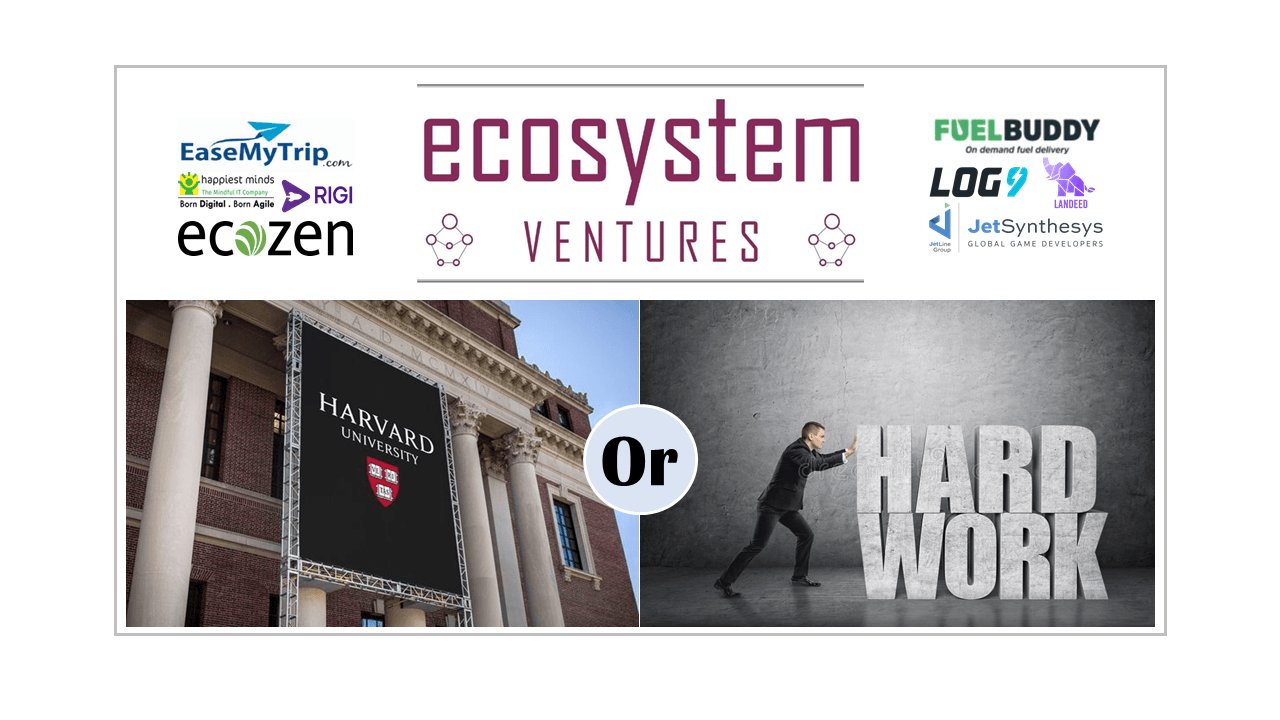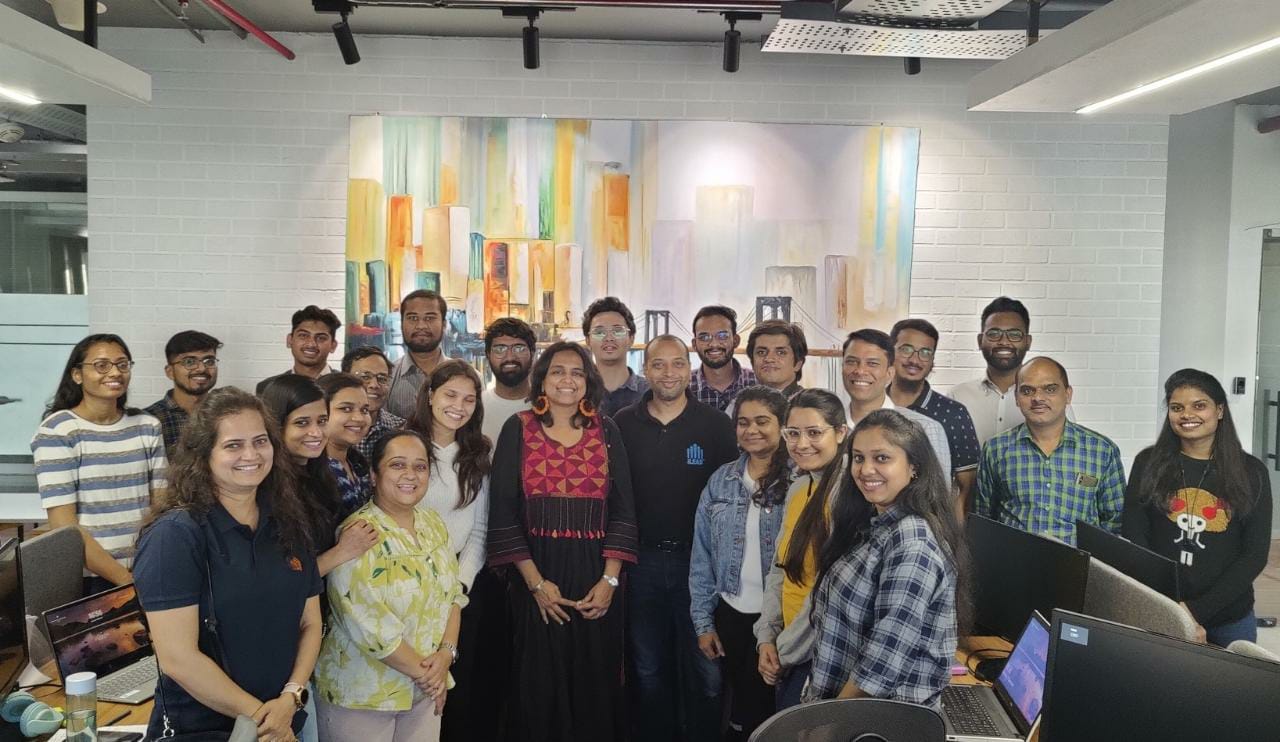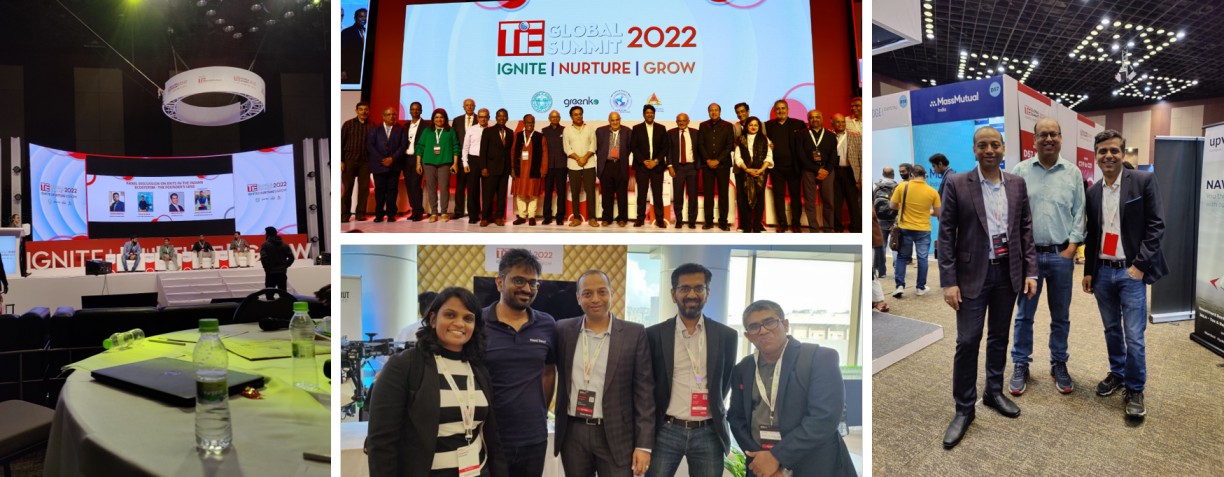Google’s Bard vs OpenAI’s ChatGPT
Big tech companies have their dedicated cult followership. There are those who swear by Google and would have purposely stayed away from Microsoft technologies. Similarly, Apple loyalists would not venture beyond their ecosystem.
Brand loyalties were tested this week with two major announcements by Google & Microsoft respectively, which happened in close succession. But first, let us recap the context.
Earlier in Nov 2022, ChatGPT (a dialogue-based AI-chatbot developed by OpenAi), took the world by storm by its intuitive human-like conversational ability and the inherent potential to transform businesses and industries. The most talked about application of chatGPT was the Internet Search, which Google has single handedly lorded over for close to two decades. Google possesses a market share of ~92% in Internet Search whereas Microsoft’s Bing has ~2%.
Appreciative posts trickled in about the strategic foresight of Microsoft to invest $1 Bn in OpenAI, the benefits of which the company can now reap. It was reported in Jan 2023 that Microsoft is planning to bring chatGPT in its Office Suite and the search engine Bing.
On Monday 6th February, Google announced – Bard, an AI chatbot to take on the potential threat posed by the chatGPT.
Bard, so named because it is a storyteller according to Google, is based on experimental technology called LaMDA, short for Language Model for Dialogue Applications, which Google has been testing inside the company and with a limited number of outsiders for several months.
Sundar Pichai, CEO of Google, explained in a blogpost – “Bard seeks to combine the breadth of the world’s knowledge with the power, intelligence and creativity of our large language models. It draws on information from the web to provide fresh, high-quality responses. Bard can be an outlet for creativity, and a launchpad for curiosity, helping you to explain new discoveries from NASA’s James Webb Space Telescope to a 9-year-old, or learn more about the best strikers in football right now, and then get drills to build your skills.”
He further elaborated on Google’s longterm AI strategy – “Two years ago, we introduced MUM, which is 1,000 times more powerful than BERT and has next-level and multi-lingual understanding of information which can pick out key moments in videos and provide critical information, including crisis support, in more languages.
Now, our newest AI technologies — like LaMDA, PaLM, Imagen and MusicLM — are building on this, creating entirely new ways to engage with information, from language and images to video and audio. We’re working to bring these latest AI advancements into our products, starting with Search.”
On Wednesday, Microsoft announced the incorporation of ChatGPT’s capabilities into its search engine Bing to be made publicly available. CEO Satya Nadella opined on the launch event – “AI will fundamentally change every software category, starting with the largest category of all – search, “Today, we’re launching Bing and Edge powered by AI copilot and chat, to help people get more from search and the web.”
Which technology is superior – Google’s Bard or Microsoft backed OpenAi’s chatGPT? This has become the major discussion point on social media. Tech geeks, on either side of the divide, have claimed their respective victories.
The services of ChatGPT and Bard will be similar, with users typing in a query to receive a human-like response. The difference would be on the underlying data source on which they have been trained. Google of course maintains the most up to date record of web content on Earth, and no doubt Bard will be using that information to its benefit, but exactly how it processes and packages that information would become clear once people start using it.
From a startup ecosystem perspective, it reaffirmed the exponential scalability of a robust innovation. A relatively unknown tiny startup OpenAI managed to decisively leapfrog and become synonymous with AI technologies, which Google had pioneered in the past.
As this article argues about openAI’s success – “The short explanation is that tech moves fast and big companies move slow, and while Google released paper after paper and tried to figure out how to fit AI into its existing business strategies, OpenAI has focused on making the best models and let people figure out their own applications”
Exciting times never end in the startup world.
Startup Funding Summary
Mensa Brands, Bengaluru-based D2C house of brands startup, has raised $36 Mn in a funding from TradeCred – Read More
Entropik, Bengaluru-based AI-integrated market research platform, has raised $25 Mn in Series B funding from Bessemer Venture Partners, SIG Venture Capital, Trifecta Capital, Alteria Capital and Bharat Innovation Fund – Read More
Zypp, Gurugram-based EV-as-a-service platform, has raised $25 Mn in Series B funding from Gogoro, Goodyear Ventures, 9Unicorns, WFC, Venture Catalysts, LetsVenture, IAN, IVY Growth, Grip, global impact fund IIX and other HNIs – Read More
Simple Energy, Bengaluru-based EV startup, has raised $20 Mn in a funding round from Dr Arokiaswamy Velumani, Ashwin Hinduja, Sanjay, Sandeep Wadhawa, Sripriya Kalyanasundaram, Lambda Test, Purple Moon Ventures, Manish Bharti and Vasavi Green Tech – Read More
Bluelearn, Bengaluru-based edtech startup, has raised $4 Mn in Seed funding from Elevation Capital, Lightspeed, Titan Capital, 2AM VC, Vidit Aatrey and Sanjeev Barnwal – Read More
M&A Snippets
Bengaluru-based financial services provider Siply has acquired Hyderabad-based digital savings app myPaisaa for $8 Mn – Read More
Bengaluru-based healthtech startup MediBuddy has acquired New Delhi-based wellness and fitness startup vHealth for an undisclosed amount – Read More
Mumbai-based music company Warner Music India has acquired Chennai-based digital media & music company Divo for an undisclosed amount – Read More
















